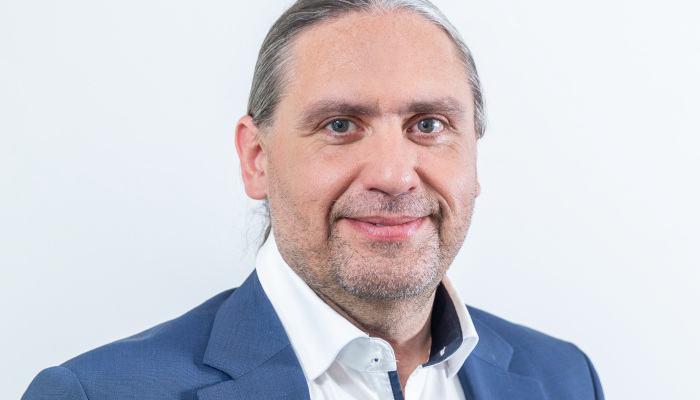
Michael Mrochen
For the past 25 years, Michael Mrochen, Founder of IROC Science and serial entrepreneur, has helped design, build and spread new technological innovations for the benefit of patients across all aspects of ophthalmology. In this interview from our archives, he speaks of his career path and role models, advice to up-and-coming entrepreneurs, and the importance of networking.
On his career:
“My training was in physics: optics and lasers, and in 1992, I started working for a company that is now Carl Zeiss Meditec, in the laser development department – it was one of the first companies producing lasers for ophthalmology. The first laser I built was for posterior capsulotomy. In the mid-90s, I began working with Theo Seiler at the Carl Gustav Carus University Hospital of the University of Technology of Dresden, Germany, and I got really attracted to the combination of clinical practice – helping patients – and designing, building, and using new technological innovations. The eye itself fascinates me as an optical instrument. I got hooked and have been working in ophthalmology for more than 25 years.”
“My father was a very creative person. He knew a lot about mechanics, engineering, and how things work, despite not having a formal engineering background. He was always creating new things, which I found very inspiring. The rest of my family were bankers, so my role models were a mixture of creativity and thinking about money!”
On up-and-coming entrepreneurs:
“If the “old boys” tell you your idea is not going to work, don’t let it stop you, but listen carefully and understand their arguments, and use them as challenges to overcome – don’t ignore them. When we launched corneal cross-linking, pretty much the whole ophthalmic field was against the idea. We could’ve stopped, but kept going, using the experts’ experience and knowledge to my advantage.
Also, remember that these days you can’t do things alone. In the past, it was possible to be a solitary entrepreneur, but the complexity of innovation today means that you need to find people who believe in your idea early on. In that sense it’s more difficult than it was 20+ years ago, but there is also much more organized support for young ophthalmologists and those interested in innovation in ophthalmology – it’s such an exciting field with huge opportunities.”
On people:
Having a network of people around me who help me answer questions and challenge me has been crucial for my success. I’ve been involved with some great societies, such as the Refractive Surgery Alliance, the American-European Congress of Ophthalmic Surgery (AECOS), meeting a new generation of specialists. I love seeing their passion, new takes on various topics, and collaboration. I am convinced that we have extremely talented people coming into ophthalmology now, ready to take the field to the next level. Opening pathways for these people and helping them succeed is now the job of my generation, just as the previous generation of experts opened the doors for us. I see it as my future challenge.
Read the full article, first published in October 2022.
